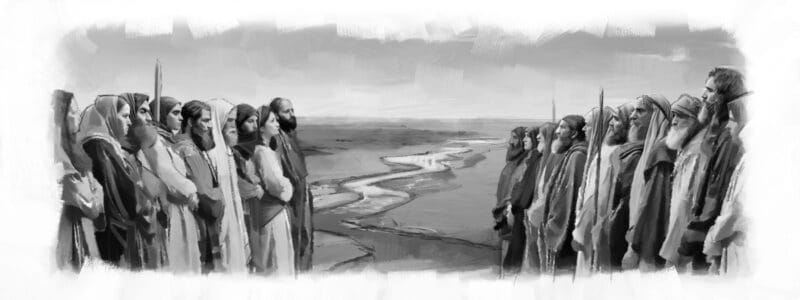Is this True, Somewhat True, or False? Understanding types and antitypes is essential to our spiritual growth. Join the Hit the Mark panel as they answer this and other questions from Sabbath School Lesson 10 – The True Joshua. It’s the fastest hour of the week!
 (0)
(0)



